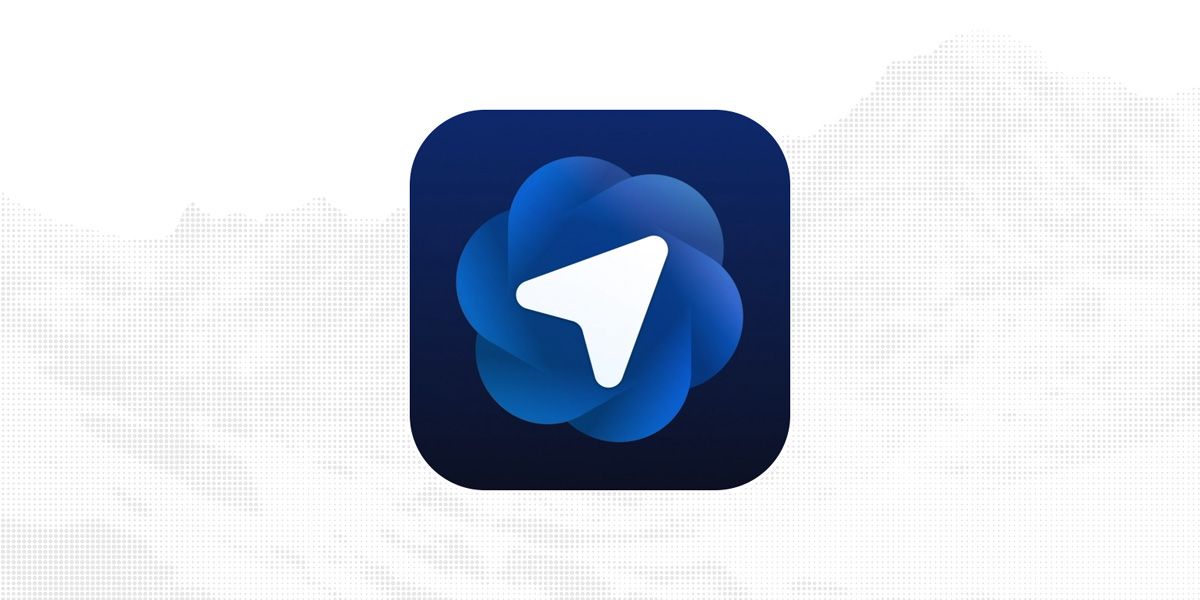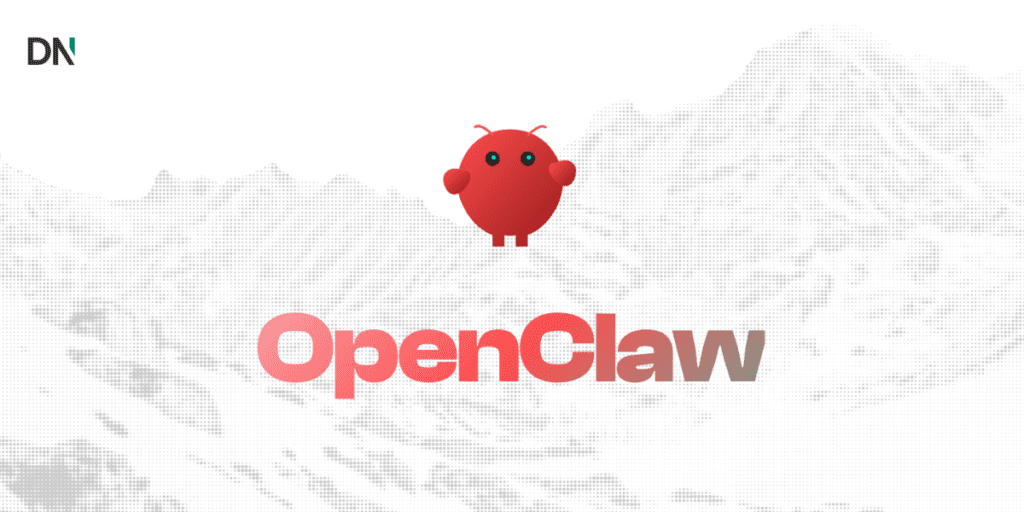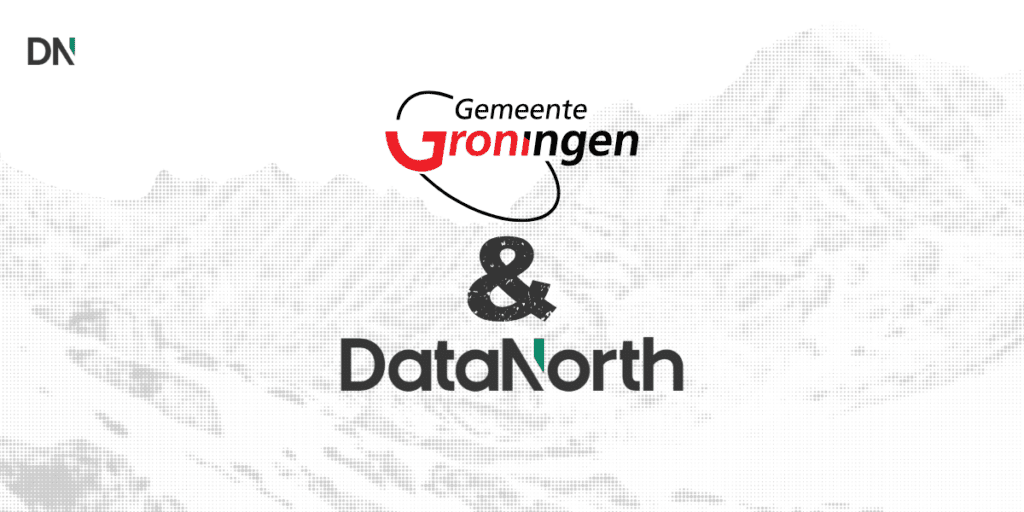On October 21, 2025, OpenAI unveiled ChatGPT Atlas, marking the company’s ambitious entry into the competitive web browser market. Unlike traditional browsers, Atlas has an AI-first approach that integrates its popular chatbot directly into every aspect of browsing. Available initially for macOS users, with Windows, iOS, and Android versions promised soon. Atlas represents OpenAI’s boldest attempt yet to reshape how people access and interact with information online.
What is ChatGPT Atlas?
ChatGPT Atlas eliminates the traditional address bar in favor of a conversational interface where users can ask questions or enter URLs directly. The browser’s most powerful feature is Agent Mode, currently available only to Plus, Pro, and Business subscribers. The Agent mode enables ChatGPT to autonomously research, plan, and execute multi-step tasks across websites. Atlas also introduces “browser memories,” a feature that remembers key details from browsing sessions to provide more personalized assistance and retrieve previously visited pages.
What is Atlas build on?
ChatGPT Atlas is built on Chromium, the open-source browser engine that also powers Google Chrome, Microsoft Edge, and many other browsers. Specifically, Atlas uses Chromium version 120 or later as its foundation, inheriting its standards compliance, security sandbox, and rendering performance.
Technical architecture
Atlas adds three proprietary layers on top of the Chromium engine:
AI Processing Layer – A custom C++ module integrated at the browser kernel level that intercepts DOM construction events and maintains a parallel semantic representation of page content. This layer runs lightweight natural language processing models locally using distilled GPT-3.5 variants optimized for mobile and edge deployment.
API integration layer – Direct connection to GPT-4o API endpoints with optimized request batching. This layer compresses semantic representation into efficient prompt formats that reduce token consumption by approximately 40% compared to raw HTML transmission.
Local processing engine – SQLite-based storage system maintaining browsing history, page summaries, and conversation context. The system uses vector embeddings to enable semantic search across browsing history.
AI Engine
The browser is powered by a specialized version of GPT-4 (with some sources mentioning GPT-4.5 Turbo) optimized specifically for browsing tasks. This engine processes webpage content in real-time, analyzes user browsing patterns, and maintains task context across multiple tabs and sessions.
Compatibility benefits
Because Atlas uses Chromium as its foundation, it maintains compatibility with Chrome extensions, modern web standards including HTML5, CSS3, and JavaScript ES6+, and works with existing web applications and services.
What does the tech community think of Atlas?
The browser’s launch has generated polarized reactions within the tech community. While some early adopters appreciate the seamless AI integration and productivity potential, significant concerns have emerged regarding privacy, functionality gaps, and security vulnerabilities.
Privacy advocates have raised alarms about the depth of data access required for Atlas’s contextual AI features. Though OpenAI emphasizes that browser memories are optional and user-controlled, critics worry about the implications of an AI system observing browsing behavior in real-time. Research from browser company Brave has identified systematic vulnerabilities in AI-powered browsers, including prompt injection attacks that could potentially access files or credentials through malicious web pages.
YouTube reviewer AICodeKing described Atlas as “a gimmick” in their testing, noting that while the interface is “slick,” the agent mode is “slow, Pro-only, and not recommended”. Industry analyst Patrick Moorhead expressed skepticism about Atlas’s ability to significantly compete with Chrome or Microsoft Edge, suggesting mainstream users may prefer waiting for existing browsers to integrate similar features.
Benefits of Atlas
Despite criticisms, Atlas offers tangible benefits for users seeking AI-enhanced productivity. The browser’s ability to eliminate constant tab-switching and copy-pasting represents a genuine workflow improvement, particularly for knowledge workers and researchers. The natural language interface allows commands like “reopen the shoes I viewed yesterday” or “organize my tabs,” making browser management more intuitive.
For content creators and writers, the integrated writing assistance and summarization tools can accelerate routine tasks without disrupting workflow. The split-screen feature that displays both web pages and ChatGPT transcriptions provides continuous AI companionship while browsing, though this can be disabled in settings.
Limitations of Atlas
Atlas currently suffers from several functional limitations that may frustrate users accustomed to mature browsers.
- The search functionality cannot be set to Google Search as default, which represents a significant departure from user habits.
- Critical features missing from the initial release include web page translation, the ability to predefine default ChatGPT models, and integration with macOS Passwords for autofill credentials.
- The agent mode, while innovative, remains in preview with acknowledged performance issues.
- Security researchers have documented that AI browsers face systematic prompt injection vulnerabilities that could compromise user data.
- The browser’s reliance on AI also introduces risks of misinterpretation, with the potential for summarization errors or incorrect task automation.
From a competitive standpoint, Atlas faces the formidable challenge of convincing users to abandon established browsers like Chrome, which commands overwhelming market dominance. Google’s parent company Alphabet saw shares fall 2.5% following Atlas’s announcement, though analysts remain skeptical about whether OpenAI can substantially disrupt the browser market.
What does the future for Atlas look like?
OpenAI has positioned Atlas as an “early experience” and explicitly welcomes user feedback to guide future development. The company’s roadmap includes multi-profile support, improved developer tools, and enhanced discoverability for Apps SDK developers. ChatGPT has reached 800 million weekly active users according to CEO Sam Altman, providing a substantial potential user base for Atlas adoption.
As the browser wars intensify with AI-powered offerings from Perplexity, The Browser Company, and enhanced features in Chrome and Edge, Atlas represents OpenAI’s strategic bet that conversational interfaces will fundamentally transform how people navigate the web. Whether this vision resonates with mainstream users beyond early adopters remains to be seen, but the launch signals a significant shift in how technology companies conceptualize the future of web browsing.






